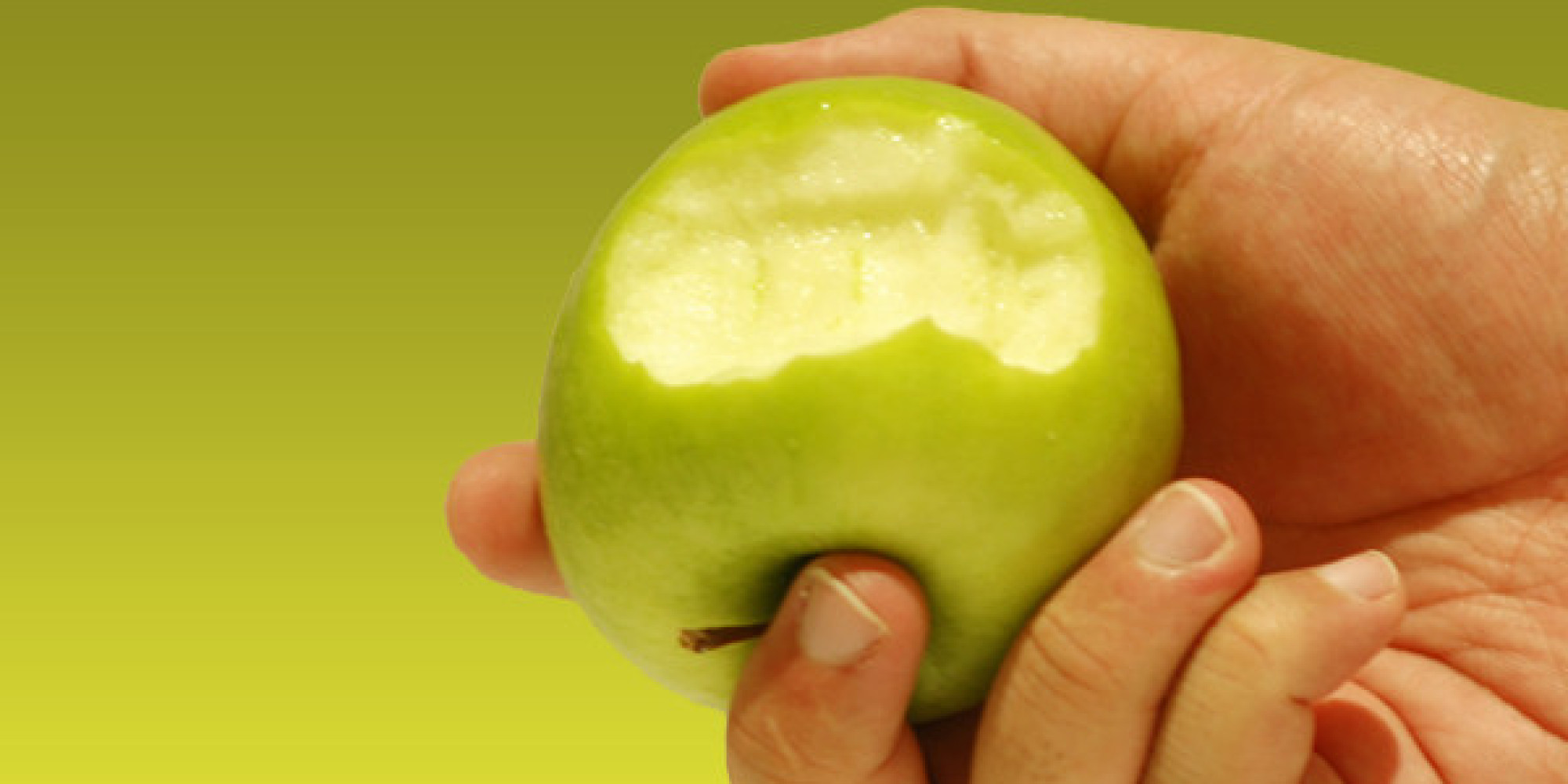
As the saying goes; an apple a day keeps the doctor away. Apples have been eaten by humans for thousands of years, and even appear in Greek mythology as a healing agent. Throughout history the apple has been prescribed as a relief to various illnesses, and probably for good reason. The apple contains a high quantity of antioxidants which help prevent cancer, reduce “bad” cholesterol and control insulin levels.
Although the apple is not massively high in vitamins and minerals like other fruits, it does have some very beneficial properties. The apple is an excellent source of soluble fibre which helps control the release of sugar into the bloodstream, therefore controlling insulin levels. Eating an apple after a meal as a desert is a very wise choice. Furthermore, apples can reduce cholesterol levels from the lowering of the insulin release, as well as combat the so called “bad” cholesterols effects due to the quantity of phytonutrients within the apple.
It is important to consume a varied diet which contains plenty of fruit and vegetables. The apple is not the only fruit to have multiple benefits to one’s health and it is therefore recommended to eat a mix of fruits and vegetables over the course of a week.
Apples are very low in sodium, cholesterolcholesterol and saturated fat.
Apple nutrition
See our apple nutritional page for a summary.
Vitamins per medium apple according to nutritiondata.com
| Vitamin A | 98.3 IU | 2% |
| Vitamin C | 8.4mg | 14% |
| Vitamin E | 0.3mg | 2% |
| Vitamin K | 4mcg | 5% |
| Vitamin B6 | 0.1mg | 4% |